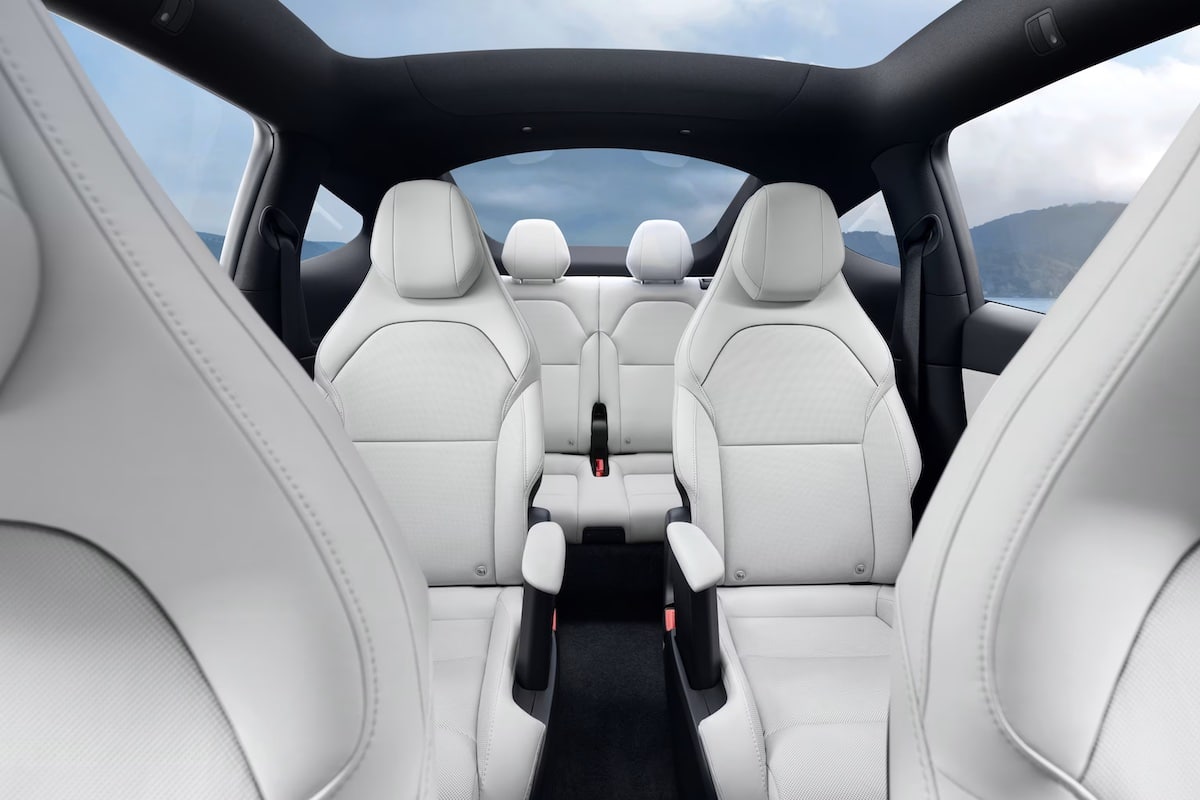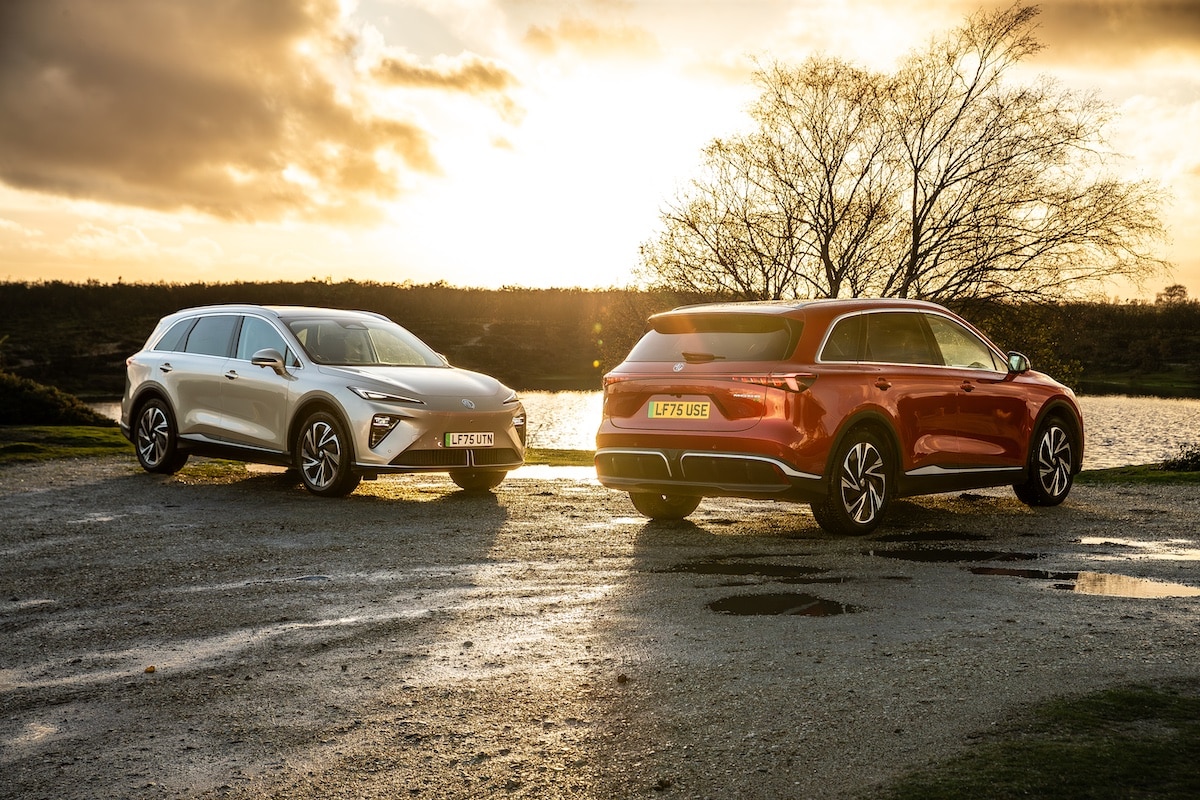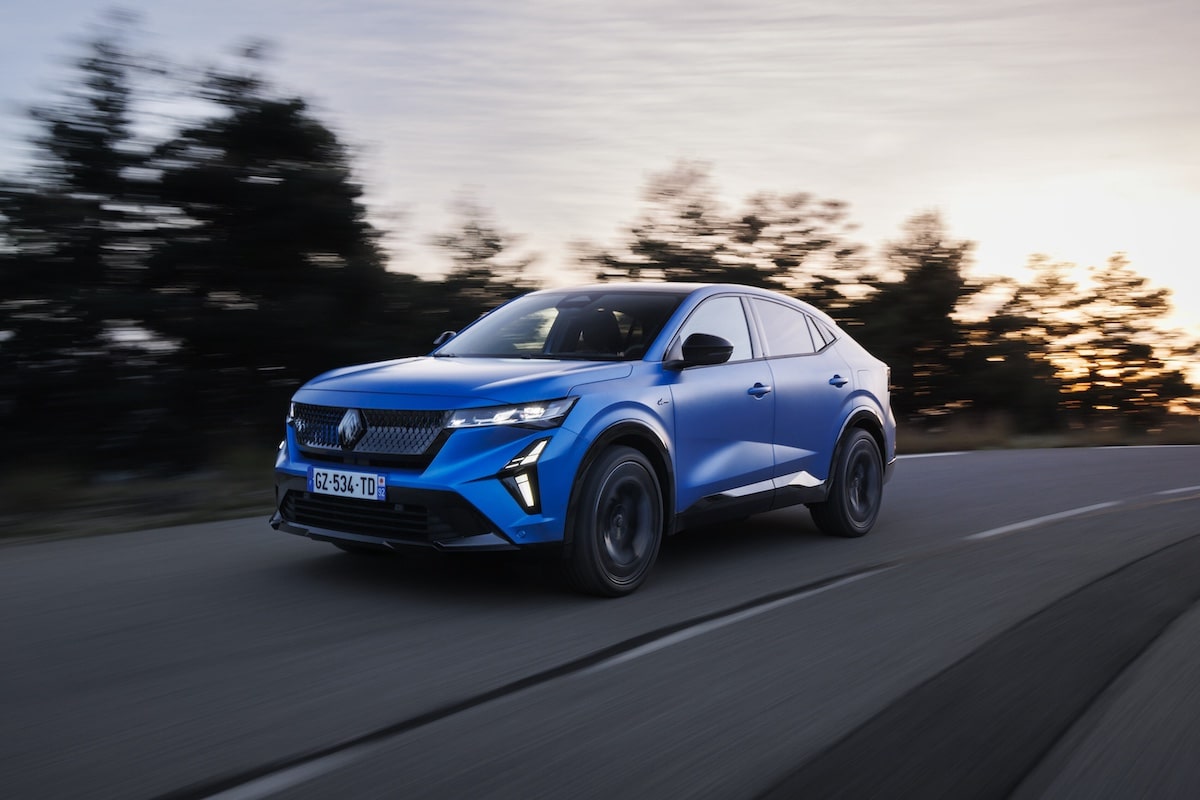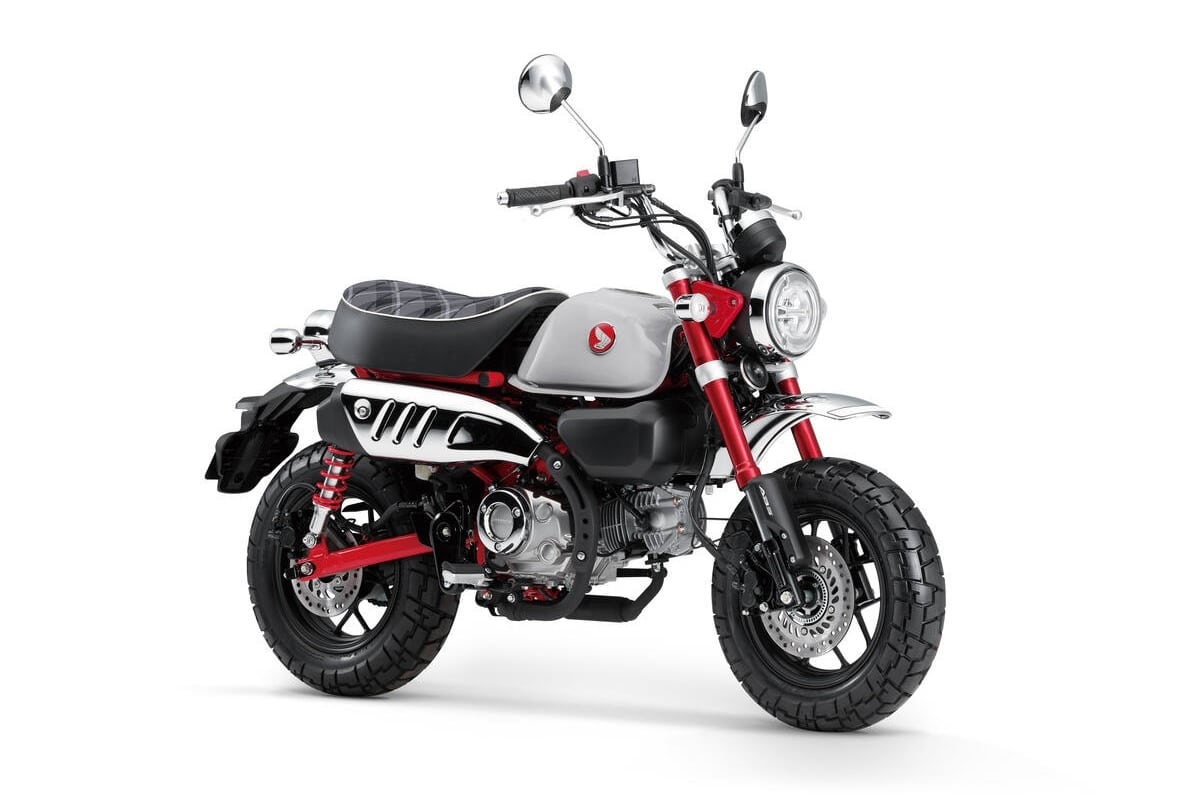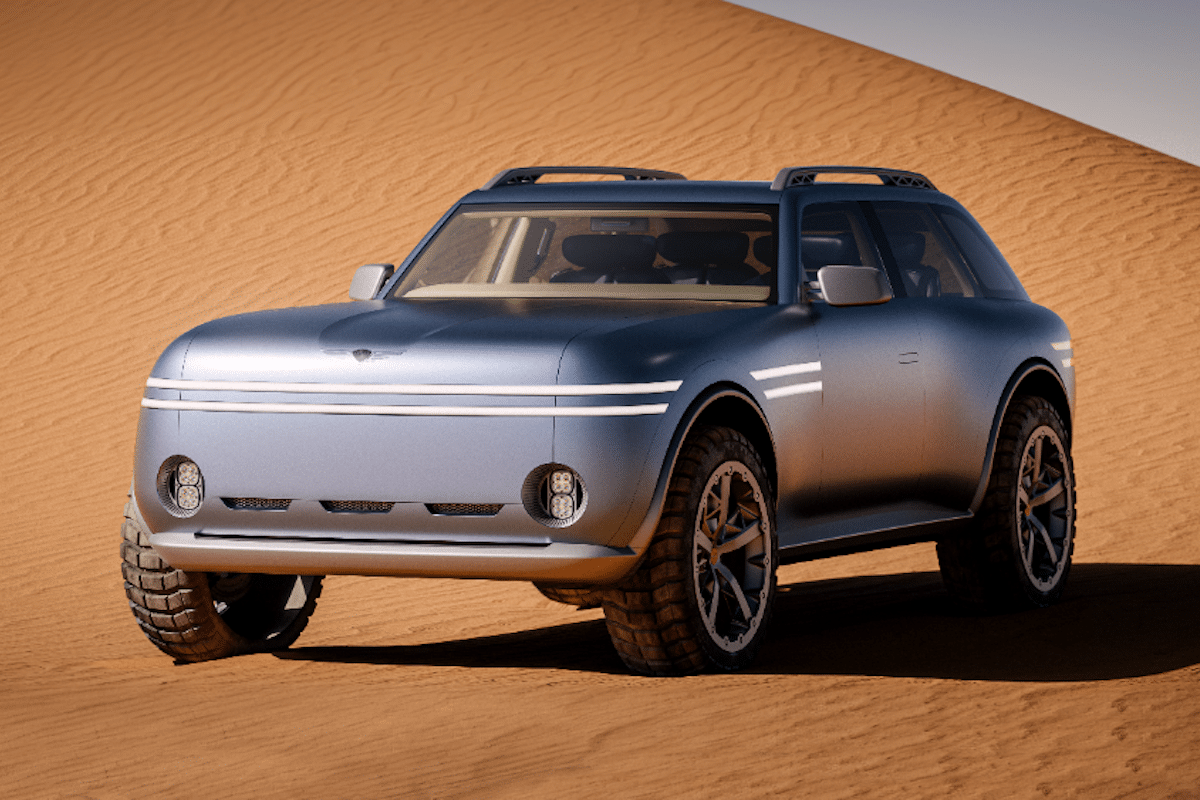Fact Check: Should You Drive Slower to Eco-Drive?
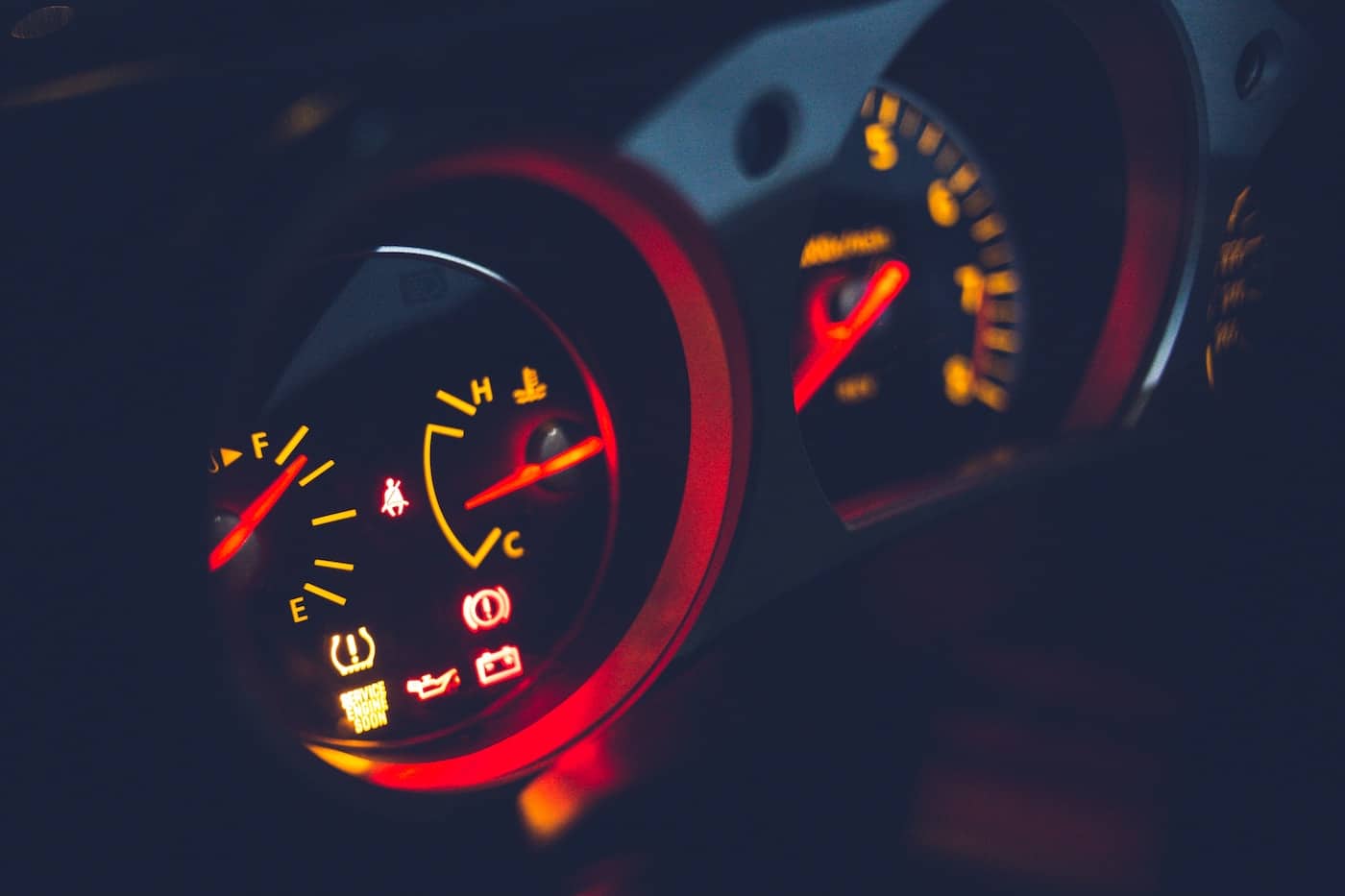
Faced with knowledge gaps, false information, or partisan discourses, Mobiwisy and its partner Roole offer simple answers to questions that clutter discussions. Today, speed and fuel consumption.
FALSE! In this video produced by Roole, Bertrand-Olivier Ducreux, Transport & Mobility Engineer at ADEME (Agency for the Environment and Energy Management, a public industrial and commercial establishment founded in 1991), explains how to balance average speed over a route and low consumption.
First of all, it is important to understand what causes fuel consumption. It is the power demand placed on the engine. To limit this, it is necessary to aim for the most stable possible speed, eliminating variations in rhythm… and therefore braking, which dissipates energy previously supplied by the engine through fuel.
Conversely, if a hybrid or electric car allows regeneration during braking, then it should be maximized to recharge the battery with electricity, so this “free” energy can be used during acceleration.
One small caveat, because nothing is binary in life: at stabilized speed, reducing speed, especially on highways or fast lanes, naturally leads to lower consumption, as the energy demand to move the vehicle decreases. Finally, the Tale of the Hare and the Tortoise could apply here: by planning trips ahead, avoiding traffic jams and congestion points, especially during holiday departures, one can achieve a better average speed over long distances… and therefore lower consumption. High speed = low fuel consumption. QED!
ALSO READ: 5 tips to improve your electric car’s range
This page is translated from the original post "Fact checking : Faut-il rouler moins vite pour éco-conduire ?" in French.
We also suggestthese articles:
Also read
